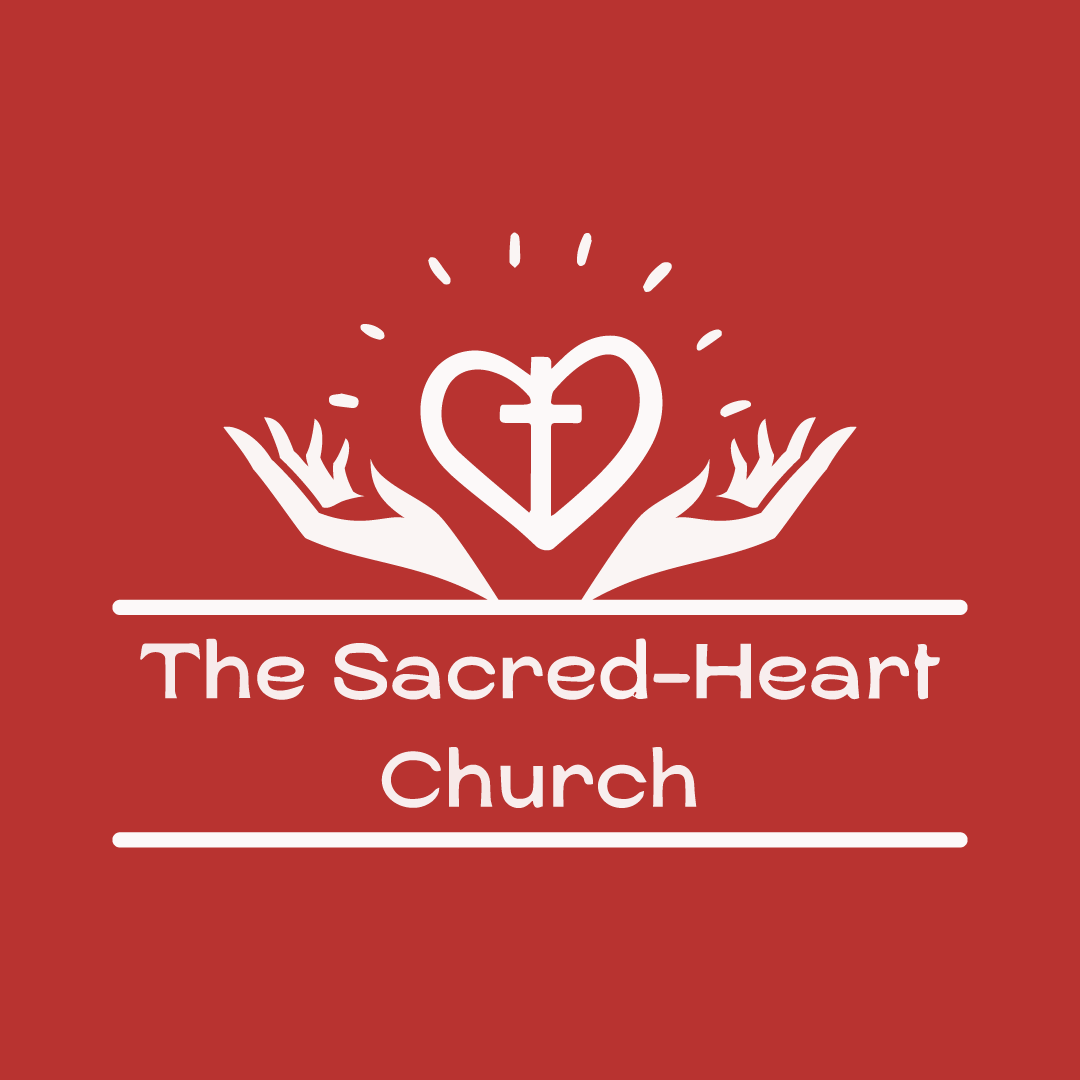For individuals struggling with addiction, finding the right support system can be a crucial step towards recovery. However, navigating the numerous options available can be overwhelming, especially for those who are new to the concept of addiction recovery groups. With various types of support groups catering to different needs, it’s essential to understand what each option entails and how they can benefit both the individual struggling with addiction and their loved ones.

The Most Common Support Group for Addicts
We understand that addiction can be a challenging and isolating experience, which is why we offer a variety of support groups to help individuals overcome their struggles.
- Narcotics Anonymous (NA) : NA is a 12-step program that provides a safe and confidential space for individuals struggling with addiction to share their experiences and receive support from peers who have gone through similar challenges.
- Alcoholics Anonymous (AA) : AA is another 12-step program that focuses specifically on recovery from alcoholism, offering a supportive community and a proven approach to achieving sobriety.
- SMART Recovery : SMART Recovery is a science-based program that emphasizes self-empowerment and personal responsibility, helping individuals develop coping skills and strategies to manage cravings and overcome addiction.
- Cognitive Behavioral Therapy (CBT) Groups : CBT groups focus on identifying and changing negative thought patterns and behaviors that contribute to addiction, providing individuals with tools and techniques to manage stress and emotions in a healthy way.
At our church, we believe that everyone deserves access to compassionate care and support, regardless of their background or circumstances. Our support groups are led by trained facilitators who understand the complexities of addiction and are committed to helping individuals achieve long-term recovery.
We encourage anyone struggling with addiction to reach out to us for more information about our support groups and how they can get involved. By working together, we can build a stronger, more supportive community that helps individuals overcome addiction and live fulfilling lives.
For more information about our support groups, please visit our website at https://thesacredheartchurch.org/ .
Additionally, you may want to consider reaching out to other organizations that specialize in addiction recovery, such as the Substance Abuse and Mental Health Services Administration ( https://www.samhsa.gov/ ) or the National Institute on Drug Abuse ( https://www.drugabuse.gov/ ). These organizations offer a wealth of resources and information to help individuals navigate the recovery process.
Alternatives to AA and 12 Step Programs
We understand that everyone’s journey to recovery is unique, and what works for one person may not work for another.
- LifeRing Secular Recovery
- The Sacred Heart Church Support Group
- Sobriety Anonymous
- SMART Recovery
LifeRing is there to provide support as individuals find their own way to sustained sobriety and their own path in recovery. With face-to-face meetings and online support through a comprehensive online community, LifeRing is an international nonprofit organization.
Our support group is dedicated to helping individuals overcome addiction and achieve long-term recovery. We offer a safe and non-judgmental space for people to share their experiences and receive support from others who have gone through similar struggles.
Sobriety Anonymous is a 12-step program that focuses on achieving and maintaining sobriety. Their meetings are held worldwide, and they offer online support for those who prefer to participate remotely.
SMART Recovery is a science-based program that helps individuals recover from addiction by teaching them coping skills and strategies for managing cravings and avoiding relapse.
These alternatives to AA and 12-step programs offer a variety of approaches to recovery, allowing individuals to choose the method that best suits their needs and preferences.
Competitors and Alternatives
We acknowledge that there are many organizations offering support and resources for individuals struggling with addiction. Some of these competitors include:
- Narcotics Anonymous
- Al-Anon Family Groups
Narcotics Anonymous is a 12-step program specifically designed for individuals struggling with narcotics addiction.
Al-Anon Family Groups is a support group for family members and friends of individuals struggling with addiction.
While we respect the efforts of these organizations, our primary focus remains on providing a supportive community and resources for individuals seeking recovery through our support group and other programs offered by The Sacred Heart Church.
Additional Resources
For more information on recovery and addiction, please visit the following websites:
- LifeRing Secular Recovery
- Sobriety Anonymous
- SMART Recovery

The 4 Cs of Addiction
We understand that addiction can be a complex issue, affecting individuals and families in various ways.
- Curiosity : This refers to the initial interest or fascination with substances or behaviors that may lead to addiction.
- Control : As addiction progresses, individuals may feel a loss of control over their actions, leading to compulsive behavior.
- Compulsion : At this stage, individuals may feel an overwhelming urge to engage in addictive behaviors despite negative consequences.
- Chaos : In severe cases, addiction can lead to chaos in personal relationships, work, and overall well-being.
Understanding these stages can help us better comprehend the complexities of addiction and provide support to those affected.
At The Sacred Heart Church , we offer resources and guidance to help individuals overcome addiction and find healing.
Our approach focuses on addressing the physical, emotional, and spiritual aspects of addiction, providing a holistic path towards recovery.
If you or someone you know is struggling with addiction, please don’t hesitate to reach out to us for support.

Find Support Near You
We understand that seeking support can be a challenging and emotional experience, which is why we’re committed to helping you find the resources you need.
- National Helplines: Reach out to organizations like the National Alliance on Mental Illness (NAMI) at nami.org or the Substance Abuse and Mental Health Services Administration (SAMHSA) at samhsa.gov for confidential support and referrals.
- Local Support Groups: Search online for support groups in your area, such as Alcoholics Anonymous (AA) or Narcotics Anonymous (NA), which offer in-person meetings and connections with people who understand what you’re going through.
- Counseling Services: Look for licensed therapists or counselors in your community who specialize in areas like anxiety, depression, or trauma. Many offer sliding scale fees or accept insurance.
- Online Resources: Explore digital platforms like BetterHelp or Talkspace, which provide convenient access to mental health professionals via phone, video, or messaging.
When searching for local support groups, consider factors like location, meeting frequency, and group size to find the best fit for your needs. Don’t hesitate to reach out to us at thesacredheartchurch.org for guidance and support along the way.
Additional Tips
- Be Open-Minded: Try different types of support groups or counseling approaches until you find what works best for you.
- Build a Support Network: Surround yourself with people who encourage and understand you, whether it’s friends, family, or fellow support group members.
- Prioritize Self-Care: Engage in activities that bring you joy and help manage stress, such as exercise, meditation, or hobbies.
Remember, You’re Not Alone
We’re here to support you every step of the way. By taking the first step towards seeking help, you’re already showing incredible strength and resilience. Keep moving forward, and don’t hesitate to reach out whenever you need assistance.
Do Support Groups Cost Money?
At The Sacred Heart Church, we understand that seeking support during challenging times can be a daunting task, and one of the primary concerns is often the cost associated with joining a support group.
- We’re happy to inform you that many support groups offer free or low-cost membership options, making it accessible to everyone who needs it.
- In fact, our own support groups at The Sacred Heart Church are designed to be inclusive and affordable, allowing individuals to find comfort and solace without breaking the bank.
Types of Support Groups and Their Costs
There are various types of support groups available, catering to diverse needs and preferences. Some common types include:
- Mutual support groups, which are typically free or low-cost and rely on peer-to-peer support.
- Professional-led support groups, which may incur a fee depending on the organization or therapist leading the group.
- Online support groups, which can be accessed remotely and often come with a subscription-based model or a one-time fee.
Benefits of Joining a Support Group
While cost is an essential consideration, the benefits of joining a support group far outweigh the expenses. Some advantages include:
- A sense of community and belonging among fellow individuals facing similar challenges.
- Access to valuable advice, guidance, and emotional support from peers who have experienced similar struggles.
- Opportunities to develop coping skills, learn new techniques, and gain confidence in managing daily life.
How to Find Affordable Support Groups
If cost is a concern, there are several ways to find affordable support groups:
- Reach out to local non-profit organizations or charities offering free or low-cost support services.
- Search online for support groups in your area, filtering by cost or location.
- Contact your healthcare provider or mental health professional for recommendations on affordable support groups.
Conclusion is Not Required

Support Groups for Narcissistic Abuse
We understand that experiencing narcissistic abuse can be a challenging and isolating situation, which is why we want to provide you with information on available support groups.
- National Domestic Violence Hotline: A 24/7 hotline that provides confidential support and connects callers with local resources, including support groups.
- The National Alliance on Mental Illness (NAMI): Offers online support groups and educational resources for individuals affected by mental health conditions, including narcissistic personality disorder.
- The National Center for Victims of Crime: Provides a directory of local support groups and resources for victims of crime, including those who have experienced narcissistic abuse.
- The International Society for the Study of Personality Disorders: Offers online support groups and educational resources for individuals affected by personality disorders, including narcissistic personality disorder.
Additionally, many online communities and forums provide a safe space for individuals to share their experiences and connect with others who have gone through similar situations.
Online Resources
- National Domestic Violence Hotline
- National Alliance on Mental Illness (NAMI)
- The National Center for Victims of Crime
- International Society for the Study of Personality Disorders
Conclusion
If you or someone you know has been affected by narcissistic abuse, know that you are not alone. There are support groups and resources available to help you navigate this difficult situation. We encourage you to reach out to these organizations and connect with others who understand what you’re going through.

0 Comments